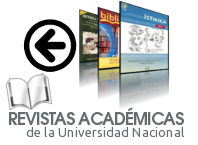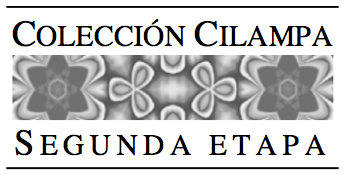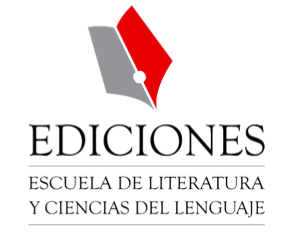Curriculum Proposal for a Bachelor’s in Mandarin
DOI:
https://doi.org/10.15359/rl.1-63.8Keywords:
language teaching, teaching of Mandarin, Mandarin in Costa RicaAbstract
This article analyzes and discusses alternatives for the design of a curriculum for the teaching of Mandarin, from a Costa Rican academic perspective. Due to the increasing importance of bilateral political, commercial and cultural relations with China, the relevance of promoting the design of a bachelor’s degree in Mandarin, as one of the programs offered by the Universidad Nacional (Costa Rica), is highlighted. For this purpose, the process carried out to initiate the proposal is described, including a detailed report of the results of surveys among the target sector. In addition, various recommendations are given, in pedagogical, logistical and institutional matters in general.
References
Cook, Guy. Applied Linguistics. Nueva York: Oxford, 2010.
Embajada de Nicaragua, «La importancia mundial del idioma mandarín», Diario La Jornada Net (2015); disponible en: <http://www.lajornadanet.com/diario/archivo/2010/enero/6/9.html>.
Prado, Mimi. «Presentación», Marta Trejos Montero, ed. Relaciones China Costa Rica. Una referencia para Centroamérica. San José: Asociación Instituto de Estudios Superiores para el Desarrollo Humano Sostenible, 2009; disponible en: <http://www19.iadb.org/intal/intalcdi/PE/2011/07595.pdf>.
Qiu Gui, Su. «Learning Mandarin Chinese: A Step-by-Step Guide», About Education (2016); disponible en: <http://mandarin.about.com/od/educationlearning/tp/learn_by_step.htm>.
Relaciones China Costa Rica. Una referencia para Centroamérica. Asociación Instituto de Estudios Superiores para el Desarrollo Humano Sostenible (2009); disponible en: <http://www19.iadb.org/intal/intalcdi/PE/2011/07595.pdf>.
Sheng, José. Análisis del estado actual de la enseñanza y el modelo educativo del chino en Costa Rica. San José: Embajada de la República Popular China en Costa Rica, 2010.
Solís, Noelia. «Aprendizaje del mandarín llega a las escuelas costarricenses», Xinhuanet (2016); disponible en: <http://spanish.xinhuanet.com/2016-03/18/c_135200876.htm>.
UNESCO e International Conference of Languages, Mejorar la competencia lingüística y la enseñanza de idiomas. Suzhou, China: Conferencia Internacional sobre las Lenguas, 2014.
Vílchez, Cristina. «Chino Mandarín: el nuevo idioma de los negocios», MBA & Educación Ejecutiva (2015); disponible en: <http://mba.americaeconomia.com/articulos/reportajes/chino-mandarin-el-nuevo-idioma-de-los-negocios>.
Xue Yuan, Kongzi. «Confucius Classroom 347», Hanban.org, 9 de agosto de 2016; disponible en: <http://english.hanban.org/node10971.htm>.
Downloads
Published
How to Cite
Issue
Section
License
Principios básicos:
a) Los autores conservarán los derechos de propiedad intelectual de sus aportes o artículos;
b) Cada autor deberá indicar expresamente que ese artículo lo entrega, en calidad de exclusividad, a la revista LETRAS; y
c) La revista Letras se reservará el derecho de autorizar para fines académicos no lucrativos la reproducción y uso de ese material por parte de terceros, siempre que éstos indiquen expresamente la procedencia del artículo. Todo ello se postula en concordancia con la normativa de "Creative Commons Atribution License", recomendada.

This work is licensed under a Creative Commons Attribution-NonCommercial-NoDerivs 3.0 Costa Rica License.















